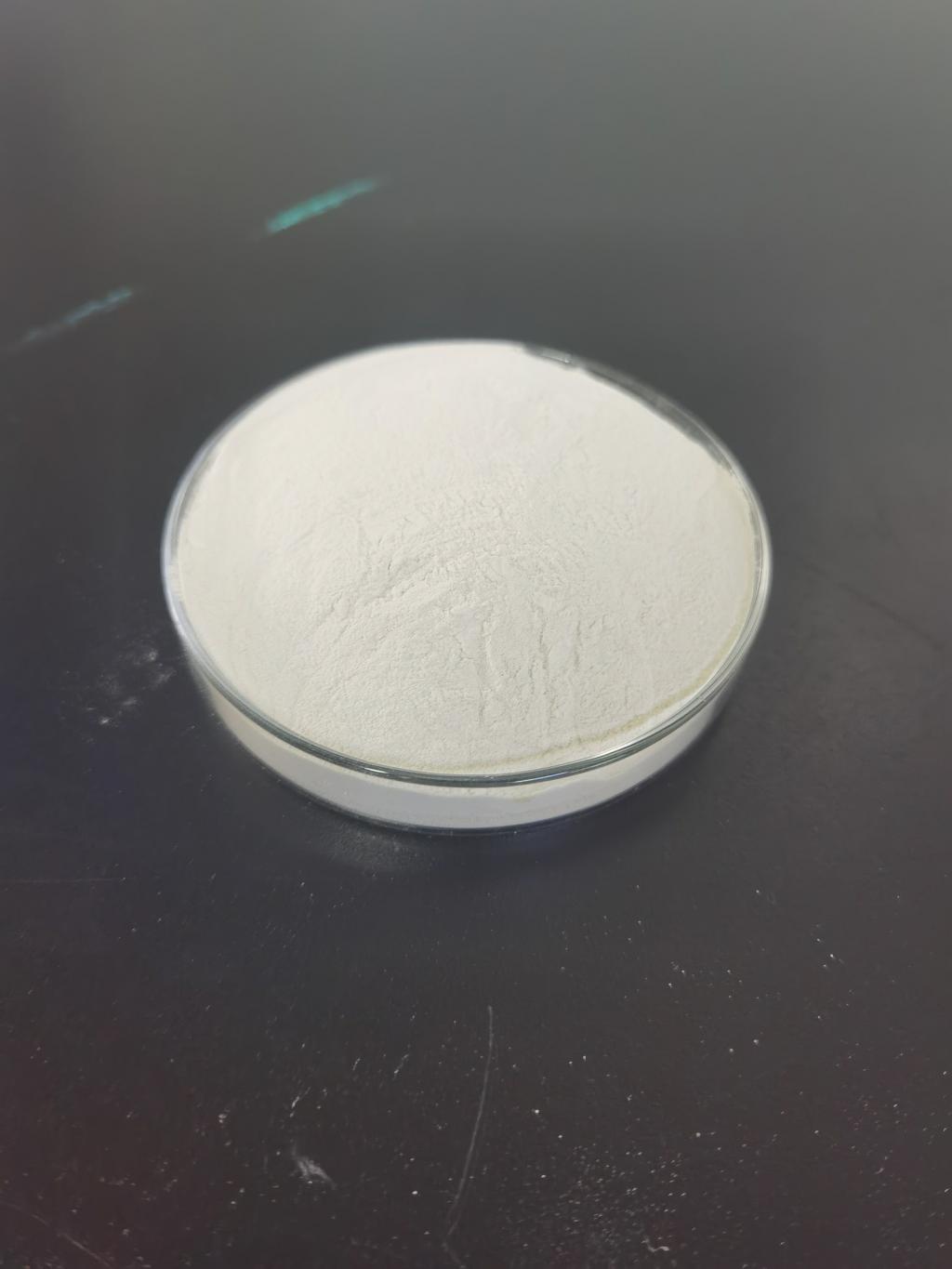Tel:+8618231198596

News
 CONTACT
CONTACT
 CONTACT
CONTACT
- Linkman:Linda Yao
- Tel: +8618231198596
- Email:linda.yao@dcpharma.cn
- Linkman:CHARLES.WANG
- Department:Overseas
- Tel: 0086 0311-85537378 0086 0311-85539701
News
Nisin’s effectiveness in maintaining the safety and quality of refrigerated ready meals.
TIME:2024-10-17
Introduction:
Refrigerated ready meals, also known as chilled or fresh prepared meals, are designed for quick consumption and often contain a mix of protein, vegetables, and carbohydrates. While refrigeration slows down microbial growth, it does not eliminate the risk of foodborne pathogens and spoilage organisms. The addition of nisin to these meals offers a natural and effective way to control microbial growth, thereby extending shelf life and ensuring consumer safety.
Nisin: An Overview:
Nisin is a 34-amino-acid polypeptide produced by certain strains of Lactococcus lactis during fermentation. It is classified as a Class I bacteriocin and is recognized for its broad-spectrum activity against Gram-positive bacteria, including Listeria monocytogenes, Staphylococcus aureus, and Clostridium botulinum. Approved by regulatory bodies such as the FDA and EFSA, nisin is widely used in the food industry due to its natural origin, safety, and efficacy.
Mechanisms of Action:
Nisin's antimicrobial activity is primarily attributed to its ability to form pores in the cell membranes of target microorganisms, leading to the leakage of cellular contents and ultimately, cell death. Its effectiveness is pH-dependent, with optimal activity observed at low pH levels (pH < 7). This characteristic makes nisin particularly suitable for many refrigerated ready meals, which often have a slightly acidic nature due to the presence of ingredients like tomatoes, vinegar, or citrus fruits.
Effectiveness in Refrigerated Ready Meals:
Microbial Inhibition: Nisin effectively inhibits the growth of common pathogens and spoilage bacteria found in refrigerated ready meals. Studies have shown that nisin can significantly reduce the counts of Listeria monocytogenes, a pathogen of particular concern in ready-to-eat foods.
Shelf Life Extension: By controlling microbial growth, nisin helps to extend the shelf life of refrigerated ready meals, reducing food waste and improving product availability.
Sensory Preservation: Nisin does not typically alter the sensory properties of foods, such as flavor, texture, or appearance, making it an ideal preservative for maintaining the quality of ready meals.
Synergistic Effects: Nisin can be combined with other preservation methods, such as modified atmosphere packaging (MAP) or mild heat treatments, to enhance its effectiveness and provide a multi-barrier approach to food safety.
Benefits and Challenges:
Benefits:
Natural Preservative: Nisin is a naturally occurring antimicrobial, aligning with the growing consumer preference for clean label and minimally processed foods.
Regulatory Approval: Nisin is approved for use in many countries, providing a reliable and legally compliant option for food manufacturers.
Thermal Stability: Nisin remains stable during thermal processing, making it suitable for use in ready meals that undergo cooking or pasteurization.
Challenges:
pH Dependency: Nisin's activity decreases at higher pH levels, which may limit its effectiveness in some ready meals with a neutral or alkaline pH.
Dosing Precision: Accurate dosing is essential to achieve the desired antimicrobial effect without causing off-flavors or textural changes.
Resistance Development: There is a theoretical risk of resistance development among target microorganisms, although this has been less of a concern compared to synthetic antibiotics.
Cost Considerations: The cost of nisin can be higher than that of traditional preservatives, which may influence its adoption in the industry.
Case Studies and Research Findings:
Several studies have demonstrated the efficacy of nisin in refrigerated ready meals. For example, research has shown that the incorporation of nisin into chicken-based ready meals can significantly reduce the levels of Listeria monocytogenes over an extended storage period. Similarly, nisin has been effective in controlling the growth of lactic acid bacteria in vegetable-based ready meals, thus preventing spoilage and maintaining product quality.
Conclusion:
Nisin is a promising natural antimicrobial for maintaining the safety and quality of refrigerated ready meals. Its ability to inhibit pathogenic and spoilage bacteria, coupled with its minimal impact on sensory attributes, makes it a valuable tool for the food industry. While there are challenges to consider, ongoing research and technological advancements are likely to further optimize the use of nisin, contributing to safer, longer-lasting, and more appealing ready meal options for consumers.
- Tel:+8618231198596
- Whatsapp:18231198596
- Chat With Skype







